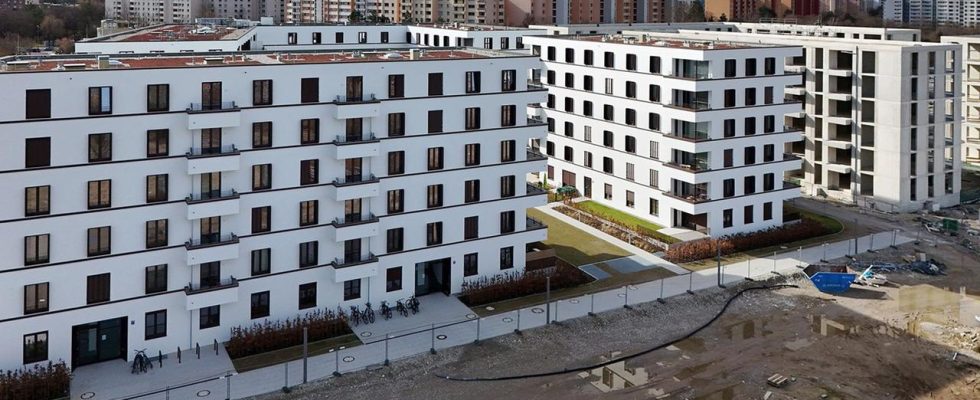The year got off to a mixed start for the construction industry in Germany. At the beginning of the year, construction companies recorded a further decline in orders, particularly in residential construction.
The crisis-ridden German construction industry got off to a weak start in 2024. Incoming orders in the construction industry in January were 7.4 percent lower, adjusted for inflation, than in the previous month, as the Federal Statistical Office announced today. Sales also fell significantly: in real terms they fell by 5.3 percent compared to January 2023.
“For the housing construction market, the new year begins fatally as the old one ended,” said Felix Pakleppa, General Manager of the Central Association of the German Construction Industry. Building construction – which is primarily characterized by residential construction and is largely dependent on private demand – reported a real decline of 12.0 percent compared to the previous month. “In the ongoing downward spiral in the market, it is becoming increasingly difficult for housing construction companies to employ the new employees they brought on board in previous years,” continued Pakleppa.
Pakleppa assesses the development in civil engineering more positively: civil engineering, which includes state-dominated road construction, for example, only shrank by 3.1 percent at the beginning of the year. “It is primarily large projects in the energy and transport infrastructure that have an impact here,” says Pakleppa.
Target: 400,000 apartments per year
And an upswing in the construction industry is still not expected any time soon: the mood in the construction industry brightened somewhat in March, as can be seen from the monthly company survey by the Ifo Institute. Expectations increased after the historic low in the previous month. “However, the prospects remain bleak,” was the conclusion of the Munich researchers.
Sharply increased interest rates, with which the European Central Bank (ECB) wants to combat high inflation, are particularly causing problems for housing construction. This makes many projects unprofitable for builders. According to many experts, this is a social problem, as affordable housing is likely to remain in short supply, especially in cities, for years to come.
The federal government’s former goal of completing hundreds of thousands of new apartments every year is becoming increasingly distant for the trade union-affiliated Institute for Macroeconomics and Economic Research (IMK). Originally, 400,000 new apartments were to be built every year in order to meet the growing demand, especially in large cities. According to experts, this target will not be achieved in 2024 either, after it was clearly missed last year.
Recovery probably only after the interest rate turnaround
“Based on the current order intake, it is likely that only a little more than half as many apartments will be completed,” said its scientific director Sebastian Dullien. A revival can only be expected with a delay after the upcoming ECB interest rate cuts, which could begin in the spring.
A look at the building permits also shows how little is currently being built in Germany: 16,800 building permits were issued in January, as the Federal Statistical Office announced last week. This means that the number of building permits fell by 23.5 percent compared to the previous year.

